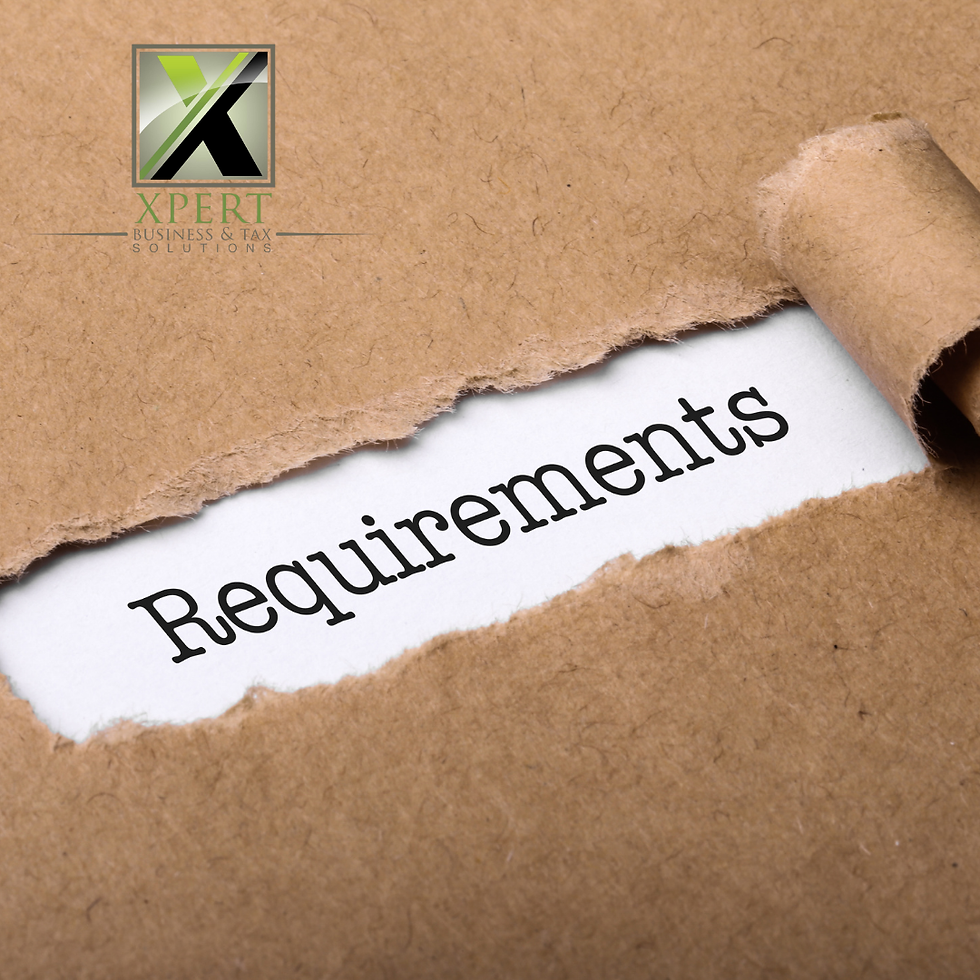5 Due Diligence Mistakes That Could Cost You $10,000 in IRS Fines
- Gwennetta Wright
- Oct 14, 2025
- 3 min read

If you’ve been preparing taxes for a while, you know the IRS doesn’t play when it comes to Due Diligence. The truth is, many tax pros are losing thousands of dollars in fines every year, not because they’re intentionally doing something wrong, but because they’re making small mistakes. And with penalties at $2600 per return, per credit, it doesn’t take much for the total to climb into the thousands.
I’ve seen tax preparers hit with $10,000 or more in fines because they didn’t have the right systems in place. And the scary part? Most of these mistakes are avoidable. Let me break down the five biggest Due Diligence mistakes I see tax pros making and how you can avoid them.
Mistake #1 – Not Using the Right IRS Due Diligence Forms

One of the first things the IRS looks for is Form 8867 – Paid Preparer’s Due Diligence Checklist. If this form isn’t filled out correctly and attached to the return, you’re out of compliance before the IRS even asks a question.
But here’s the catch: it’s not just about filling in boxes. You have to actually prove that you asked the questions behind the checklist. That means your client intake forms and interview notes need to match what’s on Form 8867.
👉 Tip: Don’t just rely on memory. Use ready-to-use IRS due diligence intake forms to make sure you ask the right questions every single time.
Mistake #2 – Failing to Ask Enough Questions

The IRS doesn’t want you to take your client’s word for it. If you prepare a return with EITC, CTC, AOTC, or Head of Household, you need to dig deeper.
For example, if a client says their child lived with them, the IRS expects you to ask:
Where did the child live?
How long did they live there?
Who else lived in the household?
Who provided more than half of the support?
If you don’t have those answers documented in your notes, the IRS can hit you with a fine — even if the claim was correct.
👉 Remember: asking the right due diligence questions isn’t about mistrusting your clients. It’s about protecting your business.
Mistake #3 – Weak Documentation in Client Files

This is where most tax preparers fall short. Having a stack of documents in your file isn’t enough. The IRS wants documents that clearly support the claim.
For example:
A lease needs to include your client’s name, the address, and the dates they lived there.
A school record needs the child’s name, household address, and school year.
A daycare receipt needs the child’s name, the parent who paid, and the exact dates of care.
If those details are missing, the IRS sees it as incomplete — which means your file is not audit-proof.
👉 My rule: before you put any document in a client file, ask yourself, “Does this show exactly what I need it to prove?” If not, don’t use it.
Mistake #4 – Ignoring Head of Household Requirements

A lot of tax pros know to pay attention to credits like EITC and CTC, but they forget that Head of Household (HOH) is also part of due diligence.
The IRS is watching HOH claims closely because it’s one of the most commonly misused filing statuses. If you don’t ask the right questions — and take notes — you can easily get fined.
Example questions you should be asking:
Who lived in your home during the year?
Who paid more than half of the household expenses?
Can you provide documents that show residency and support?
👉 Don’t skip this step. Treat HOH the same way you treat credits.
Mistake #5 – Not Training Your Team on Due Diligence

If you own a tax office with a team, this one is huge. You can be fined for your team’s mistakes, even if you personally didn’t prepare the return.
I’ve seen business owners get hit with $20,000+ in fines because they didn’t properly train their preparers. The IRS doesn’t care who did the return, they care that it was filed under your EFIN.
👉 Solution: create a standardized due diligence system that everyone in your office follows. Use the same forms, checklists, and client interview process for every return.
IRS Due Diligence fines are real, and they add up fast. But the good news? Every one of these mistakes can be avoided with the right system in place.
I’ve personally been through 8 IRS Due Diligence audits, including appeals where I got tens of thousands of dollars in fines reduced to zero. I know what the IRS is looking for — and I’ve created the exact forms, checklists, and training you need to protect your business.
👉 Don’t wait until you get an audit letter. Start protecting yourself now. Click here to get my Due Diligence resources. https://www.xpertbusinesssolution.com/due-diligence






























Comments